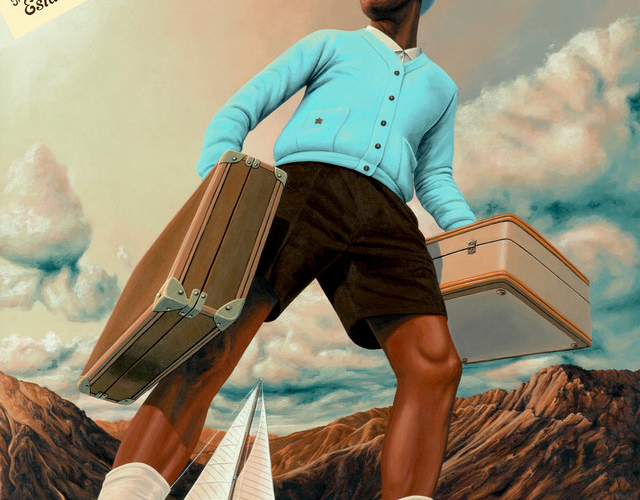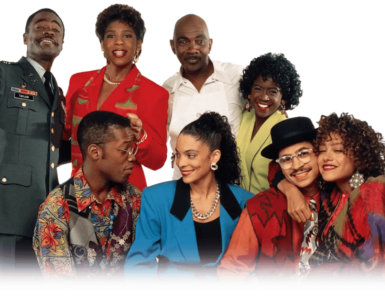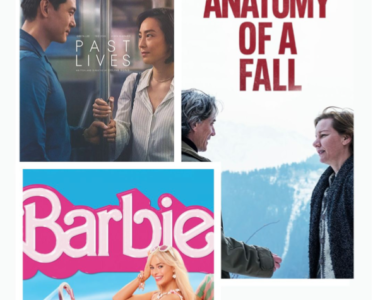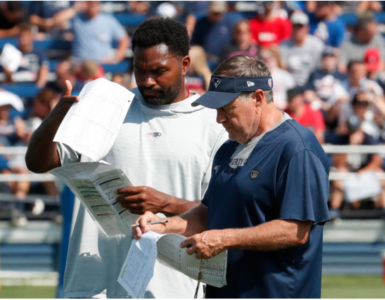Throughout his career, Tyler the Creator has meant a lot to a generation of Black kids who never really quite fit in. His outcast persona and unique sound have resonated with listeners from all backgrounds and launched him into the prestige he now enjoys today. Despite this coveted and influential place in alternative Black culture, Tyler the Creator hasn’t always been responsible in this role.
Fans of his early work know all too well that it contains numerous examples of anti-black and misogynistic rhetoric that was echoed by his fans of all races. Creating a subculture full of people (mainly white boys) who actively trashed and belittled their own influences.
His early work includes his solo albums and the work of the collective Odd Future Wolf Gang Kill Them All. The alternative rap collective also referred to as Odd Future, features many famous names such as Frank Ocean and Earl Sweatshirt. The group rose to prominence in the early 2010s and had cultural clout with the teenagers of the time. During the height of their influence and popularity, many of their lyrics glorified violence toward women in service of artistic expression.
Tyler’s early work is greatly juxtaposed with his more recent work. Specifically his 2021 album, “Call Me If You Get Lost.” With this album, Tyler demonstrated immense personal growth, releasing a work that highlights and celebrates Black culture.
During the promotion of this album, he performed at the BET Awards after spending years distancing himself from traditional Black aesthetics and culture. While he says that the Black inspirations behind the 2021 album have always been important to him, this time it showed.
On March 31, Tyler the Creator released a deluxe version of “Call Me If You Get Lost” called “Call Me If You Get Lost: The Estate Sale.” In his return to this album, he ups the ante on his appreciation for Black culture and women. In his song ‘What A Day’ he shouts out Black women for raising him. Rapping: “…but they didn’t raise me so shout out black women…”.
This is a complete 180 from his previous outlook. Especially when looking at the demeaning images of an unambiguous Black woman utilized in his 2013 music video for his song ‘Tamale’. In which, the opening frame is said to be “A visual representation of Tyler’s Mind.”
In another newly released song, he shuts down an ongoing misogynistic conversation on the number of women’s sexual partners. In his song ‘Dogtooth’, he states, “Her body count and who she f*cks ain’t none of my concern.”
These lyrics, when placed in comparison to the song “She” on his 2011 album “Goblin”, show clear maturation in the content of his lyrics. In this song, Tyler raps, “I just wanna drag your lifeless body to the forest/And fornicate with, it but that’s because I’m in love with you.”
In a released clip for his episode with Rap Caviar on Hulu, Tyler the Creator celebrates being a rapper and the artistry involved after almost a decade of publicly saying he wanted to be seen as more. His 2016 interview with Larry David shows just how vocal he was about his need for separation from rap.
Although he is not perfect in his approach to the influential social role he has found himself in, Tyler’s growth as an artist and person represents hope for all of the boys turned men who once started out as misogynistic pretentious trolls. Tyler’s lyrics show a promising step toward a decrease in the celebration and consumption of misogynistic lyrics.










Recent Comments